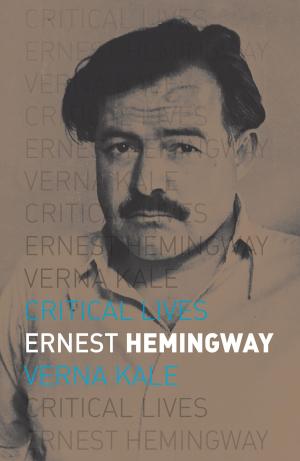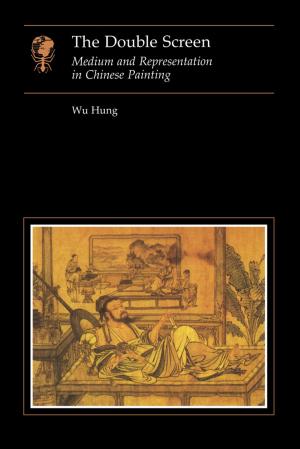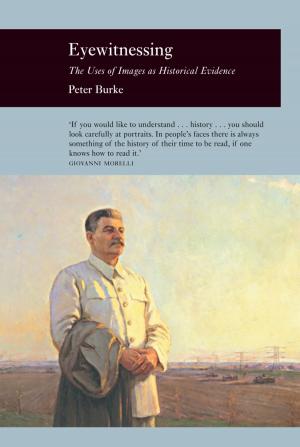| Author: | Victor I. Stoichita | ISBN: | 9781861896667 |
| Publisher: | Reaktion Books | Publication: | January 1, 2000 |
| Imprint: | Reaktion Books | Language: | English |
| Author: | Victor I. Stoichita |
| ISBN: | 9781861896667 |
| Publisher: | Reaktion Books |
| Publication: | January 1, 2000 |
| Imprint: | Reaktion Books |
| Language: | English |
This intriguing book on Goya concentrates on the closing years of the eighteenth century as a neglected milestone in his life.
Goya waited until 1799 to publish his celebrated series of drawings, the Caprichos, which offered a personal vision of the "world turned upside down". Victor I. Stoichita and Anna Maria Coderch consider how themes of Revolution and Carnival (both seen as inversions of the established order) were obsessions in Spanish culture in this period, and make provocative connections between the close of the 1700s and the end of the Millennium. Particular emphasis is placed on the artist's links to the underground tradition of the grotesque, the ugly and the violent. Goya's drawings, considered as a personal and secret laboratory, are foregrounded in a study that also reinterprets his paintings and engravings in the cultural context of his time.
This intriguing book on Goya concentrates on the closing years of the eighteenth century as a neglected milestone in his life.
Goya waited until 1799 to publish his celebrated series of drawings, the Caprichos, which offered a personal vision of the "world turned upside down". Victor I. Stoichita and Anna Maria Coderch consider how themes of Revolution and Carnival (both seen as inversions of the established order) were obsessions in Spanish culture in this period, and make provocative connections between the close of the 1700s and the end of the Millennium. Particular emphasis is placed on the artist's links to the underground tradition of the grotesque, the ugly and the violent. Goya's drawings, considered as a personal and secret laboratory, are foregrounded in a study that also reinterprets his paintings and engravings in the cultural context of his time.















